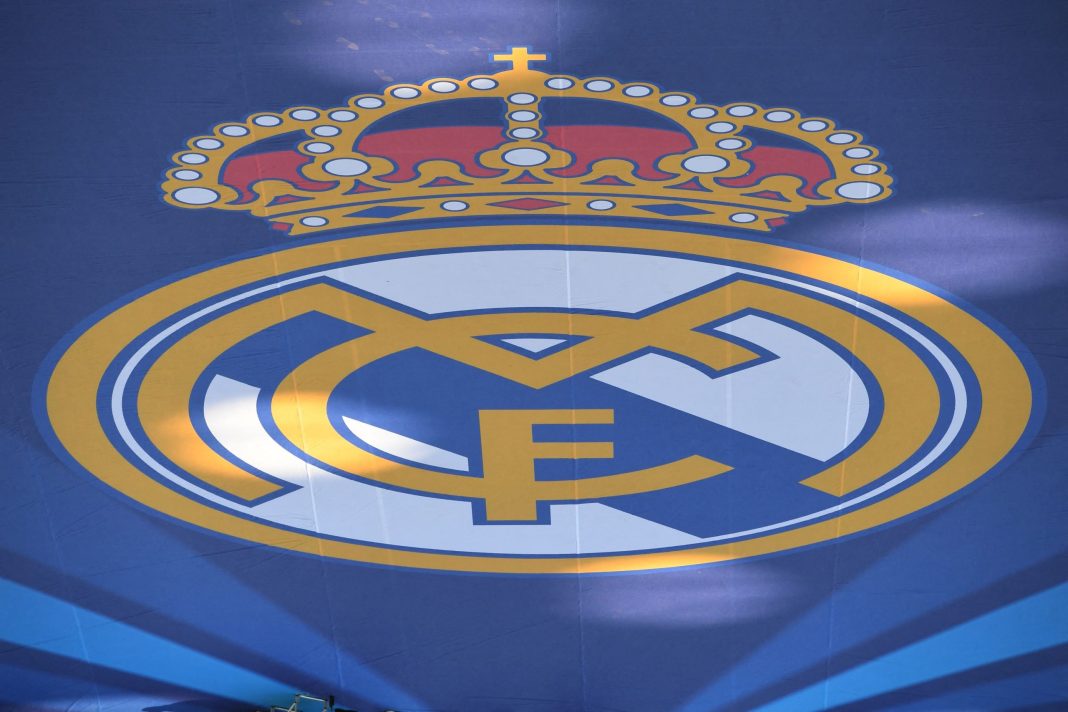Real Madrid’s Controversy Ahead of Copa del Rey Final
As the clock ticks down to the highly anticipated Copa del Rey final, Real Madrid finds itself embroiled in a significant controversy, fueled by remarks made by the referees appointed for the match. With just over 24 hours remaining before they face off against their fierce rivals Barcelona, the tension surrounding the event has reached a boiling point, raising questions not only about the upcoming match but also about the broader implications for Spanish football.
Real Madrid has issued a formal statement condemning the comments made by referees Ricardo De Burgos Bengoetxea and Pablo Gonzalez Fuertes, which the club perceives as inflammatory. The statements have ignited a firestorm of outrage among the Madridistas, prompting the club to escalate its response by announcing a boycott of all official pre-match events. These include the traditional press conference, open training sessions, official dinners, and promotional photo opportunities, highlighting the severity of their discontent.
In fact, the situation has prompted discussions within the club about the possibility of not participating in the final altogether, a step that underscores the gravity of their dissatisfaction. Real Madrid’s leadership has expressed that the refusal of the Royal Spanish Football Federation (RFEF) to consider a change of referee only exacerbates their frustration, leading them to take a more vocal approach through public statements. This potential boycott, though unlikely, reveals the lengths to which the club is prepared to go to defend its interests in the face of perceived injustice.
Details of the Controversy
The source of Real Madrid’s ire lies in the public comments made by the referees, which the club has characterized as not only inappropriate but also indicative of a bias against them. According to sources within Real Madrid, the remarks were not only seen as unprofessional but also as a deliberate attempt to influence the perception of the match. Real Madrid’s official statement articulates the club’s belief that the remarks made by the officials reflect a level of animosity that could jeopardize the integrity of the match. The club’s statement reads:
“Real Madrid considers inadmissible the public statements made today by the referees appointed for the Final of the Copa del Rey to be held tomorrow,” emphasizing the unacceptable nature of the remarks. This strong language is indicative of the high stakes involved in such a prestigious fixture, where every nuance and detail counts toward the ultimate outcome.
Further criticism was directed at the tone of the comments, which Real Madrid accused of being “threatening.” The club highlighted their concern regarding the referees’ allusion to potential measures that could compromise the principles of fairness and impartiality, values that are fundamental to the sport, especially ahead of a match of such magnitude. As articulated in their statement, “these surprising statements, in a threatening tone, alluding to the unity of the referees, demonstrate a lack of the fairness that should prevail just hours before a football event that focuses the attention of hundreds of millions of people around the world.” This concern speaks volumes about the club’s commitment to ensuring that the match is conducted under the highest standards of officiating.
Implications for the Copa del Rey Final
The fallout from this controversy could have significant implications not only for Real Madrid but also for the integrity of the Copa del Rey final itself. The match is expected to attract an extensive global audience, with both teams boasting loyal fanbases eager to witness one of football’s most storied rivalries. The stakes are not merely about winning a trophy; they are intertwined with the reputations of both clubs and their respective legacies in Spanish football.
Real Madrid has already made it clear that they expect the RFEF to take the necessary measures to address their concerns and restore confidence in the officiating process. The club’s final remark in their statement serves as a call to action: “In view of the seriousness of what has happened, Real Madrid hopes that those in charge of the RFEF and the refereeing profession will act accordingly.” This demand underscores their commitment to maintaining the prestige of both the club and the institutions involved in the sport, serving as a reminder that professionalism and fairness are non-negotiable components of competitive football.
Looking Ahead: The Future of Real Madrid and Refereeing Standards
The controversy also raises broader questions about refereeing standards in Spanish football. Real Madrid’s situation is not an isolated case; it reflects ongoing concerns among clubs regarding officiating transparency and accountability. In recent seasons, various incidents have sparked debate, such as controversial penalties and missed calls, leading to a growing unease within the football community. The club’s willingness to take a stand might resonate with other teams facing similar challenges, potentially prompting a reevaluation of how refereeing decisions are made and communicated through the leagues.
As the final approaches, all eyes will be on the officiating crew, and any contentious calls made during the match could further inflame an already charged atmosphere. The outcome of this match will likely influence the narrative around referee performance in high-stakes situations and could lead to a broader discussion about reform within La Liga and the RFEF to ensure that the integrity of the game is upheld. The spotlight on officiating is brighter than ever, and the repercussions of this match could resonate for many seasons to come.
Conclusion: A Pivotal Moment for Real Madrid
In conclusion, the events leading up to the Copa del Rey final have placed Real Madrid at a significant crossroads. With their reputation on the line, the club is making a bold statement about their expectations for fairness and integrity in officiating. The implications of this controversy stretch far beyond the immediate concerns of the final; they touch upon the very foundation of competitive sports and the principles that govern them. As the match day draws closer, it remains to be seen how the RFEF will respond, and whether Real Madrid’s outcry will lead to meaningful changes in the way that officiating is managed in Spain. The influence of this situation could echo far beyond the final itself, potentially altering the landscape of Spanish football for years to come.

















